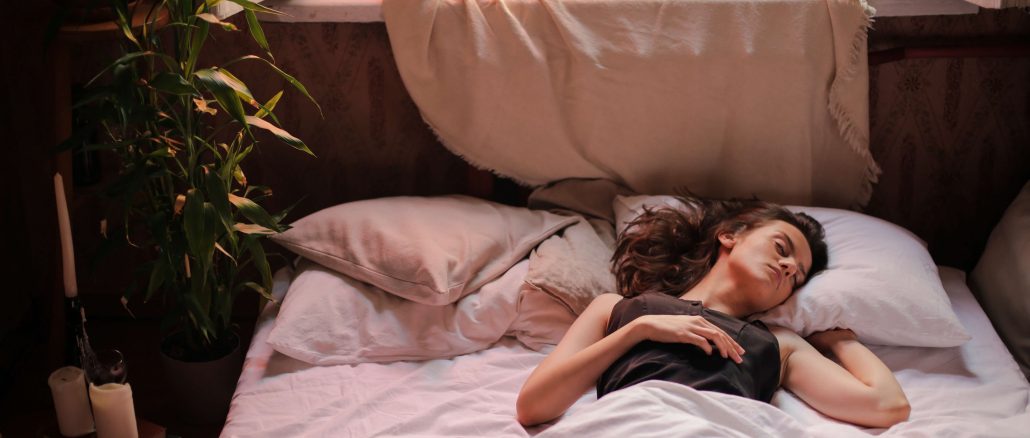
[dropcap]T[/dropcap]he optimum time for going to sleep now lies between 10pm and 11pm according to a recent study, at least in terms of heart health.
The following hours after sees the risk of cardiovascular disease increase by 12 per cent, while hitting the hay at midnight or later sees you 25 per cent more likely to accumulate such ailments according to the UK Biobank research conducted with 88,026 people between 2006 and 2010.
The report, headed by Dr David Plans of the University of Exeter also found a correlation between such conditions and gender, with increased cardiovascular risk established to have a stronger prospect in women.
While numerous factors varying from diet to regular exercise are also known to have an impact in that regard, the study focused solely on the link between bedtime and heart health.
Students, often prone to overlooking the matter when it comes to crunch time during the semester, “really can’t cheat sleep” according to Professor Anna Donnla O’Hagan of the School of Health & Human Performance at DCU.
“The way that our body works we have these internal rhythms of peaks and throughs in terms of alertness levels,” O’Hagan said, adding:
“When we wake up in the morning for example we naturally peak up and we’re at our most alert around 11am. We then start to dip a bit post lunchtime and then it peaks back up again around 5pm or 6pm in the evening and then it drops again in between 2am to 4am.”
Our natural body clock interfered with due to everyday items such as lights, phones and caffeine, the “24 hour culture” humans now live in has caused our “animalistic tendencies” to be compromised and negatively affected.
“Now per levels of sleep we have increases in issues, disturbances and lack of restfulness, which associate to depression and anxiety, weight gain and cardiovascular diseases. Insufficient sleep is one of the things that feeds into all of those,” O’Hagan said.
“Particularly when they are studying students should be aiming to get lots of REM sleep because it helps their learning and retain all of that new information that they’ve got.”
While the quality over quantity rhetoric applies to this, you also “need to be asleep for a certain period of time until you hit that stage and you need to naturally build up and cycle through” she added.
Energy drinks are also to be kept to a minimum as the DCU Professor points out they can lead to “even more fatigue” and “lower levels of efficiency” as just like the act itself there is a recurrent theme to their usage.
“In the short term it’s okay but in the long term consuming these types of drinks, because they have so much caffeine which remains in the body for seven hours, they are definitely negatively impacting their sleep at night” she says.
“They think they are getting ahead because when they’ve insufficient sleep they take the caffeine to keep themselves pumped up, but what they are actually doing is interfering with their sleep again the next night and it just cycles on like that.”
Alanna Cunnane
Image credit: Cottonbro from Pexels



